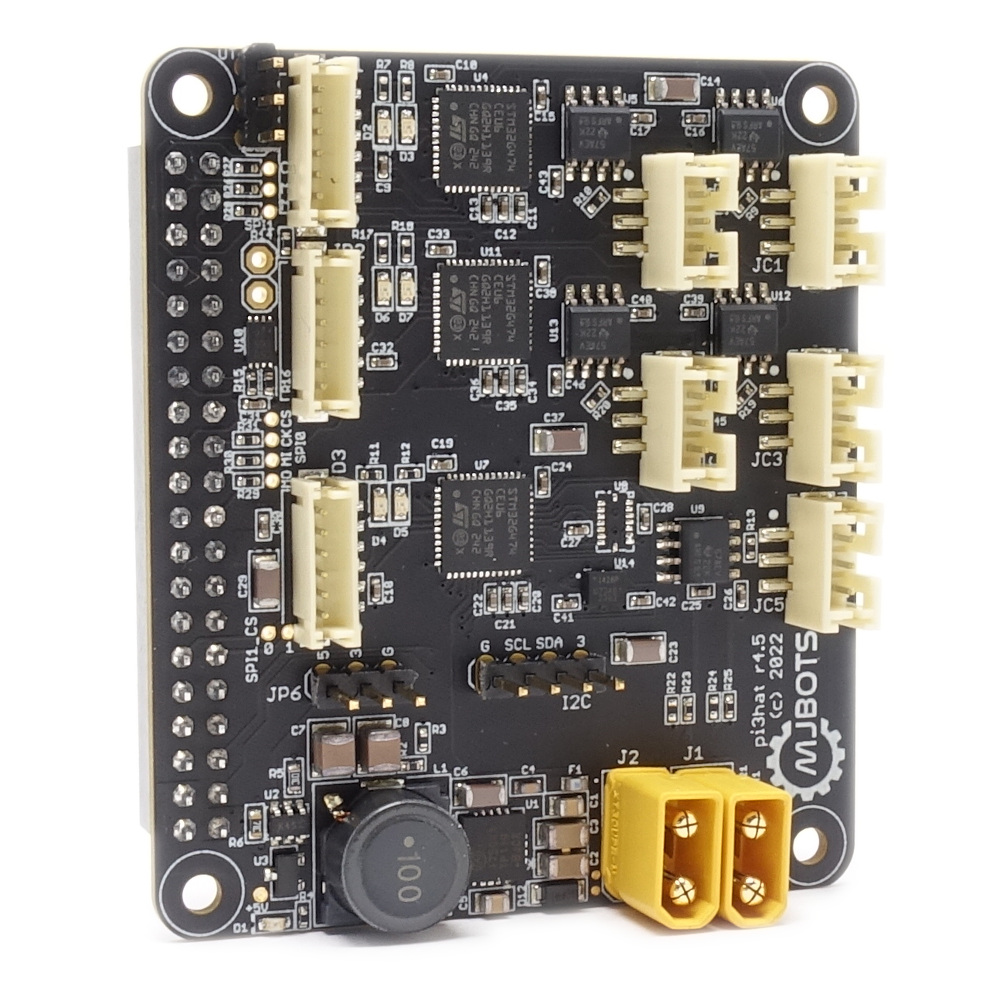UUID based addressing and python multiple device support
I’m excited to announce a significant usability improvement for all moteus controllers, command line tools and the python library! If your moteus controllers are on firmware version 2025-09-20 or newer and your moteus client tools are at 0.3.91 or newer, (and if you are using a pi3hat, it is on firmware 2025-09-20 or newer) there are some big improvements that you transparently get:
- You no longer need to assign unique CAN IDs before daisy chaining controllers
- The python transport lets client programs transparently operate across multiple CAN-FD interfaces simultaneously
- tview will automatically open all controllers attached to all CAN-FD interfaces on the computer
Let’s dig into what this looks like from the command line, tview and what the practical constraints are.

